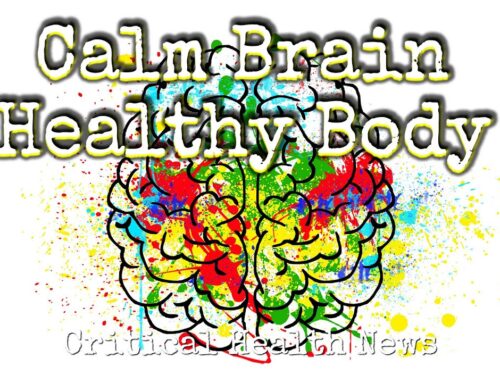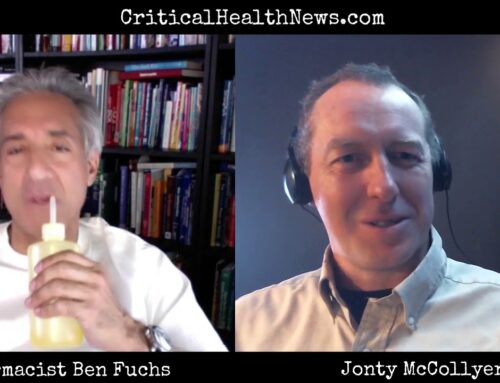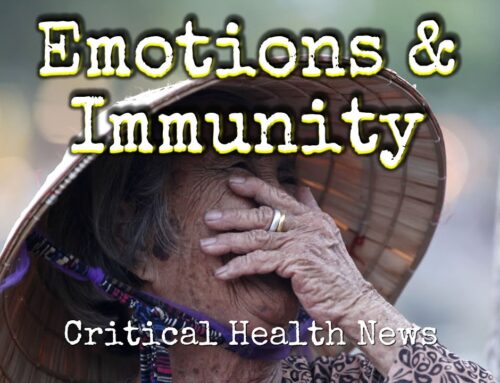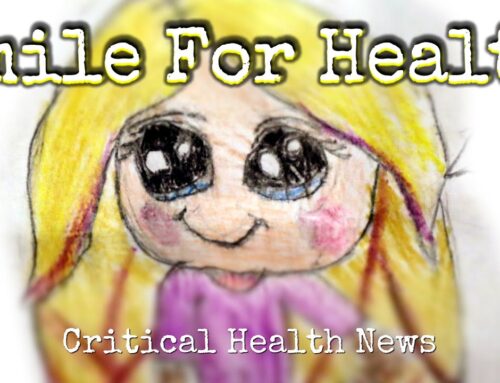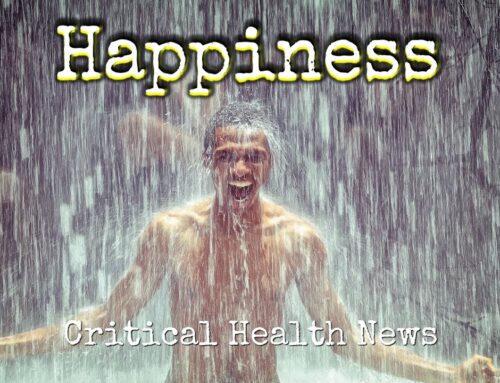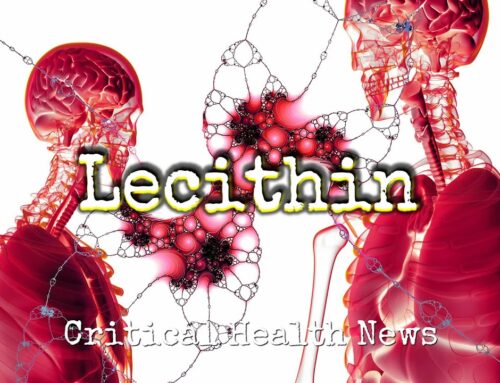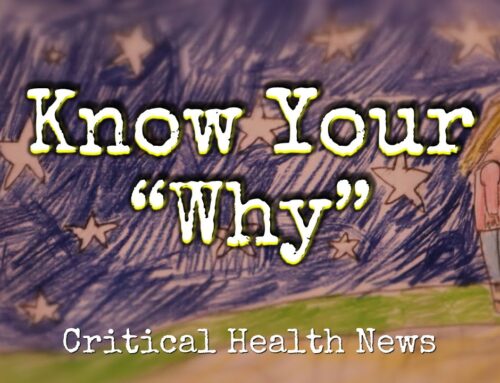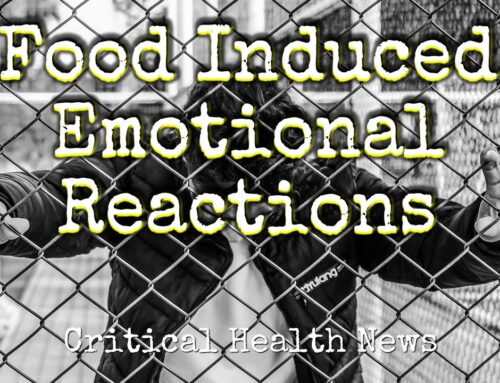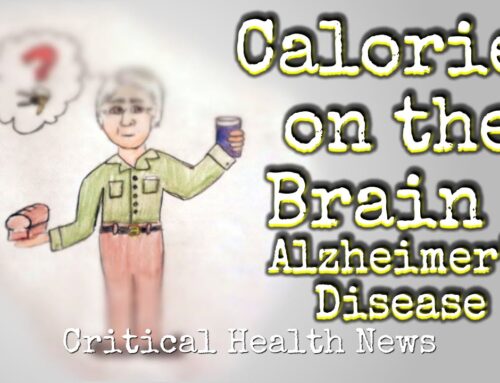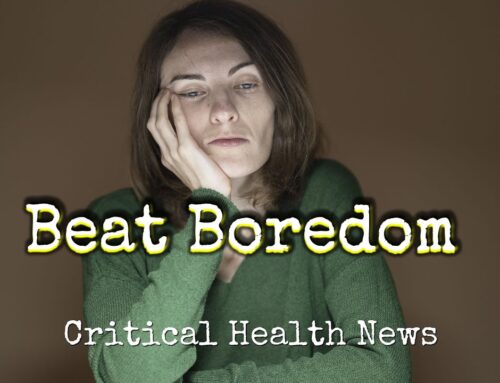Between mass and social media access to published scientific articles and a wealth of books, magazines and journals, we live in a world of copious and abundant facts. Even worse, we have to account for, what has been called by disingenuous and dishonest spin masters, “alternative facts”.
This makes wading through a swamp of information a tiresome task. To mindlessly mimic theories and statistics, instead of using critical thinking skills, can be an alluring temptation. To think critically takes effort, discipline and requires the expenditure of energy. It requires us to examine reason and analyze so-called “facts”, to dissect multiple, parallel and sometimes opposing perspectives, and to be able to apply a healthy dose of skepticism, so that enough evidence that can support or refute assertions and claims can be accumulated.
If you want to activate critical thinking, the next time you’re confronted with so-called “facts”, they have to be vetted by asking questions. Are these really facts or are they mere assertions? Are they backed by evidence and is that evidence verified? Are the so called “facts” based on assumptions or presumption? How is my mind predisposed to these so-called facts and do I have preconditioned ideas that are persuading me to believe or not believe? Perhaps most importantly, does anyone benefit from my belief in these so-called facts and do these so-called facts validate or actuate someone’s agenda?

